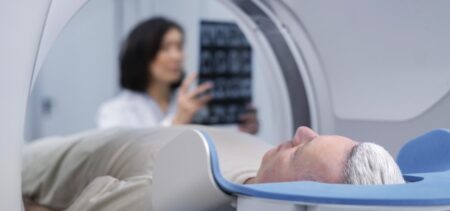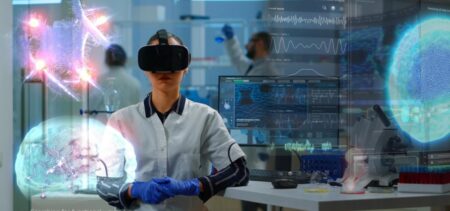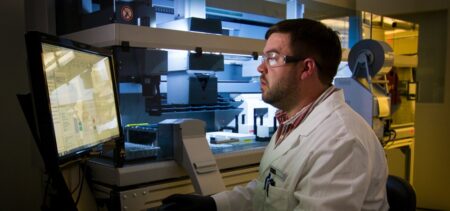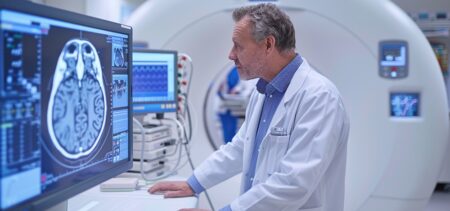It was only a few months ago that NVIDIA announced to build the UK’s most powerful supercomputer to help AI research in healthcare. Why is this important? The system, Cambridge-1, is planned to be used for projects that strive for better patient care, diagnosis, and delivery of critical medicines and vaccines around the world. The £40 million supercomputer is designed to enable researchers to undertake the most pressing medical challenges.
So, what exactly are supercomputers, and why are they important in today’s digital medicine?
Supercomputers are mega devices that can perform billions of operations and are used to solve complex problems. They also can study the universe, predict the effects of a nuclear explosion, analyze seismic movements, and more. In healthcare, HPCC (High-Performance Computing Cluster) is able to take the right steps in deploying end-to-end solutions along with adopting digital health technologies.
Supercomputers in digital healthcare
Supercomputers are playing a major role in developing new health technologies. The massive data access and analytical approaches have facilitated the processing of big data in medical science. However, despite scientific advancements, healthcare is still struggling with various challenges that bring inefficiencies and expensiveness.
Using supercomputers in digital healthcare is crucial to keep up with today’s fast-changing needs across the world. Moreover, in adjusting different treatments according to each patient’s conditions, computational biology has an important role. As Dr. Orozco, professor of Biochemistry and Molecular Biology at the University of Barcelona, mentions in an interview, “Personalized medicine is basically computational biology.”
Better medical services
When it comes to improving medical services, the recognition of rare and chronic diseases and health patterns can drive faster, better decision-making. However, the large database that RNA/DNA encodes, requires supercomputers for analysis and processing through algorithms. Biomarkers and metabolic data analysis provide valuable insights for a number of studies, including for predicting cancer and predicting genetic disorders.
Supercomputers offer evidence-based diagnosis, saving time and transforming the traditional manual data crunching while also lowering costs for medical facilities.
From clinical trials to patients’ health history – a supercomputer is able to process an entire database, helping to verify results, exchange critical information, and take the next steps.
Big Data revolutionizing medicine
The future of healthcare is no doubt being revolutionized by big data, with the majority of tech companies investing in AI and big data analytics. Edge computing and IoT are also on the rise in medicine, with multiple and visible benefits.
As electronic health data is difficult to manage with traditional data management tools, big data is being used to support decisions, predict, and improve the quality of a patient’s life.
Today, big data in the healthcare market is said to grow at unprecedented speed. Additionally, during the last decades, AI has progressed immensely. Now, it can drive innovation and integrate with current increasing workloads and required technology.
Health analytics innovation
Supercomputing developments continue to lead to important health analytics innovations in knowledge and standardization:
- Knowledge—analyzing huge amounts of information in milliseconds, providing the foundation for elaborating diagnoses and optimized treatments, improving research across all areas, and driving medical breakthroughs.
- Standardization—with the widespread use of supercomputers that can access infinite sources of data to any large institution or even small practices, analytics professionals create a level of standardization where the majority of patients are receiving the same path of meaningful care.
Conclusion
Today, a healthier and safer future could be around the corner thanks to supercomputers and AI, the technology that plays a crucial role in developing digital healthcare. Computer science is taking a great leap forward with new analytical approaches that can process big data in the medical field.

























